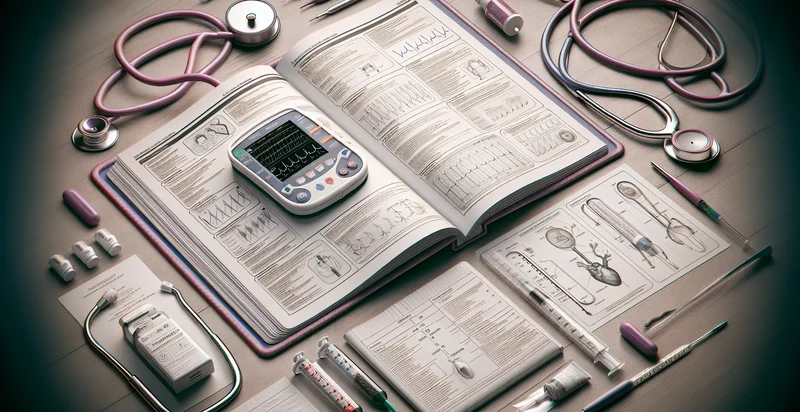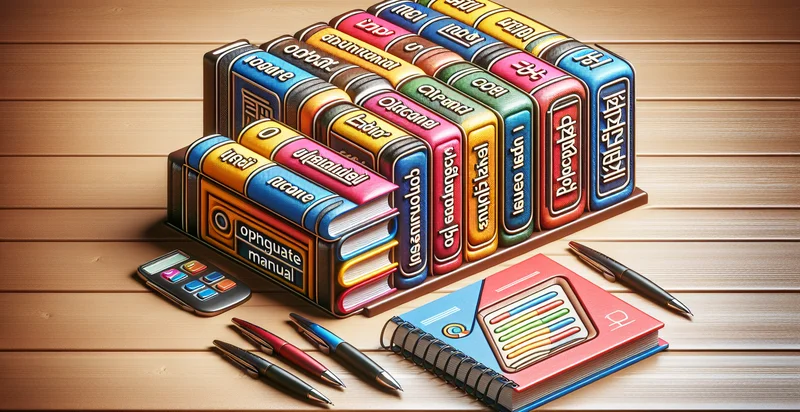Identify language of medical device manual
using AI
Below is a free classifier to identify language of medical device manual. Just input your text, and our AI will predict the appropriate classification for each section of the medical device manual - in just seconds.

Contact us for API access
Or, use Nyckel to build highly-accurate custom classifiers in just minutes. No PhD required.
Get started
import nyckel
credentials = nyckel.Credentials("YOUR_CLIENT_ID", "YOUR_CLIENT_SECRET")
nyckel.invoke("language-of-medical-device-manual", "your_text_here", credentials)
fetch('https://www.nyckel.com/v1/functions/language-of-medical-device-manual/invoke', {
method: 'POST',
headers: {
'Authorization': 'Bearer ' + 'YOUR_BEARER_TOKEN',
'Content-Type': 'application/json',
},
body: JSON.stringify(
{"data": "your_text_here"}
)
})
.then(response => response.json())
.then(data => console.log(data));
curl -X POST \
-H "Content-Type: application/json" \
-H "Authorization: Bearer YOUR_BEARER_TOKEN" \
-d '{"data": "your_text_here"}' \
https://www.nyckel.com/v1/functions/language-of-medical-device-manual/invoke
How this classifier works
To start, input the text that you'd like analyzed. Our AI tool will then predict the appropriate classification for each section of the medical device manual.
This pretrained text model uses a Nyckel-created dataset and has 48 labels, including Albanian, Arabic, Bengali, Bosnian, Bulgarian, Croatian, Czech, Danish, Dutch and English.
We'll also show a confidence score (the higher the number, the more confident the AI model is around the appropriate classification for each section of the medical device manual).
Whether you're just curious or building language of medical device manual detection into your application, we hope our classifier proves helpful.
Related Classifiers
Need to identify language of medical device manual at scale?
Get API or Zapier access to this classifier for free. It's perfect for:
- Compliance Verification: This function can automatically identify the language used in medical device manuals to ensure submission compliance with regulatory bodies. By establishing the correct language, manufacturers can avoid fines and ensure that their documents meet local language requirements.
- Translation Accuracy: Medical device manuals often need to be translated into multiple languages for global markets. This function can confirm the original language before initiating translation processes, ensuring that the content is accurately conveyed to prevent misinterpretation.
- Quality Assurance: Manufacturers can use this function to perform quality control on updated manuals, ensuring that the correct language is maintained. This helps in reducing the risk of releasing versions with incorrect or mixed languages, which could lead to user confusion.
- User Accessibility: In medical environments, ensuring that manuals are accessible in the user’s preferred language is essential. This function can help identify the language of existing manuals, allowing for swift adaptation or reformatting for better user access to vital information.
- Localization Strategy: Organizations can leverage this function for effective localization strategies by identifying the primary language of the manuals and tailoring content to meet regional requirements. This ensures that user manuals are relevant and understandable based on geographical preferences.
- Market Analysis: By analyzing the language of medical device manuals across different regions, businesses can gauge market penetration and demand. This information can be vital for strategic decisions on product releases and regional marketing efforts.
- Training and Documentation: For training purposes, healthcare professionals often require manuals in specific languages. This function can facilitate compiling training materials by ensuring that documentation aligns with the intended audience’s language and needs, improving learning outcomes.


